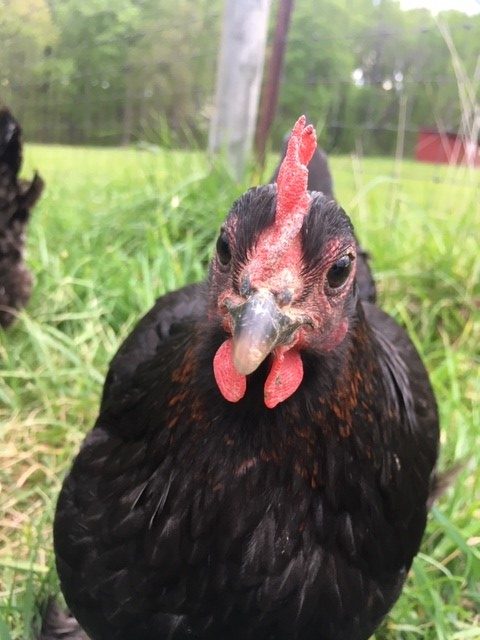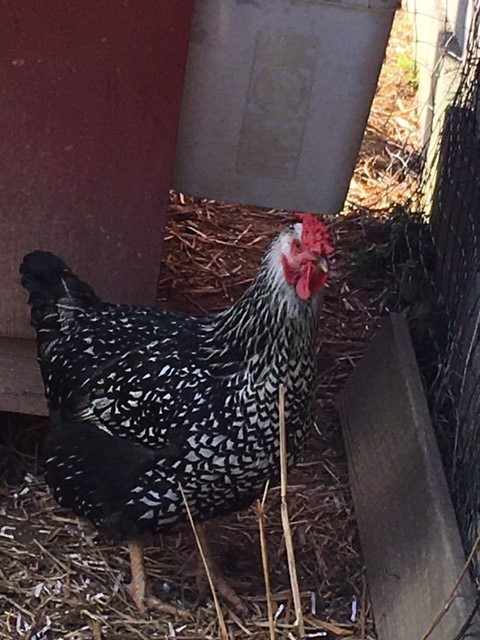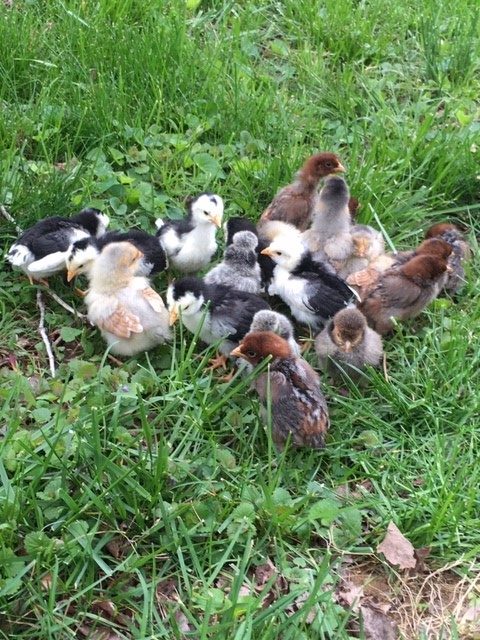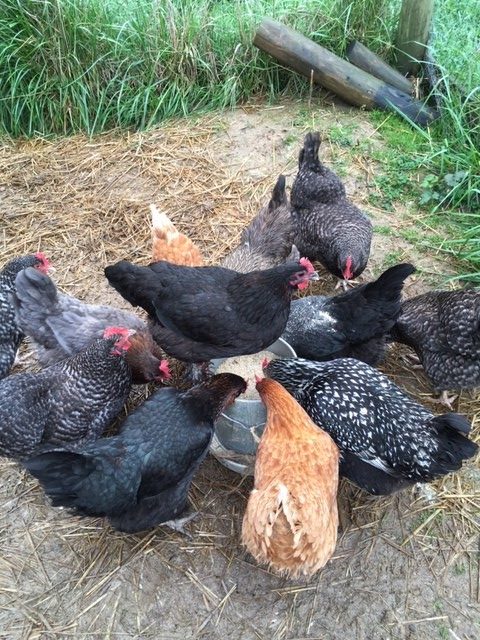What to Expect When You’re Expecting (Backyard chickens that is!)
Whether it is because you have always wanted to try your hand at animal husbandry and enjoy raising your own food, or if the COVID-19 emergency has you spending more time at home and looking for a hobby, many folks are now looking into keeping a backyard flock.
So, what do you need to know before you bring home the chicks (or the eggs if you’re going to incubate them yourself!)?
First, know that there are resources out there to help. Loudoun Cooperative Extension has lots of advice available for first time poultry owners regarding selecting a breed, animal care, and veterinary questions. Likewise, we at Loudoun Soil and Water can help to make sure you’re raising your brood in a conservation-minded manner.
If your property is under five acres, you’ll need to obtain a small acreage livestock plan from us here at LSWCD. This is a document full of best practices that the folks over at Loudoun Zoning require if you’re going to be keeping birds or any other livestock on small acreage. If you’re on over five acres, a lot of the same advice in the plan applies and we’re more than happy to give you pointers as well. As a baseline, you want to make sure to keep the birds off your well head. You’re not so much concerned about manure or bacteria getting down through 100 feet of soil, but if some manure gets on the casing itself and its not completely water tight you could contaminate your well, so the best idea is to keep the birds off the well head itself.
Another good tip is to keep any permanent housing for the birds off your septic drainfield. Your drainfield is already handling the waste from your home, and keeping a good stand of grass on top is important to keep it operating correctly. Having the birds peck around occasionally on the drainfield is fine, but you want to avoid any concentrated nutrient deposition or denuding the soil by overgrazing. Remember, if you’re building a permanent coop and not a mobile coop that can be moved around your yard, you should get an ag building zoning permit from the county as well. It’s a simple process and is much less expensive and burdensome than a zoning permit. For most backyard flocks, a mobile coop in combination with some electric netting is the best option to keep the birds and your grass or woods happy.
When LSWCD prepares a plan, we’ll make recommendations about any sensitive environmental features like steep slopes, streams, or wetlands. You want to make sure to keep steep slopes well vegetated to avoid erosion, and keeping birds away from surface water is both healthier for them and for the health of the stream. Its also important to have a plant to deal with manure from the coop. Most yards will have enough space to spread the litter onto the lawn. If space is limited, bedding and manure can also be bagged and thrown away. Poultry manure makes a great addition to a well-managed backyard compost bin too!
Recommendations on how many birds are appropriate for each property are unique to each plan, obviously a ½ acre lot will be more restrictive to your poultry operation than 4.9 acres! Cooperative Extension can provide tips on how to size a coop to make sure the birds have enough space when they are inside.
Finally, you want to be mindful of predators. It’s important to make sure the birds are inside and protected at night. A light sensitive switch on an electric door can be a great investment on a coop to make sure you don’t forget to shut them in at night. Raccoons, foxes, dogs, cats, and even coyotes all can find chickens very tempting so some good fencing during the day and a closed coop at night is important.
Chickens can be a great way to introduce kids (and adults!) to agriculture and have the added bonus of providing you with breakfast. Like any livestock, they are a living creature and they require responsible care and attention to make sure all their health needs are met. If you have questions or are ready to get a small acreage plan, contact Urban/Ag Conservationist Chris Van Vlack at chris.vanvlack@lswcd.org. For animal care questions, contact Loudoun Extension Agency Jim Hilleary at james58@vt.edu.
-Chris Van Vlack





